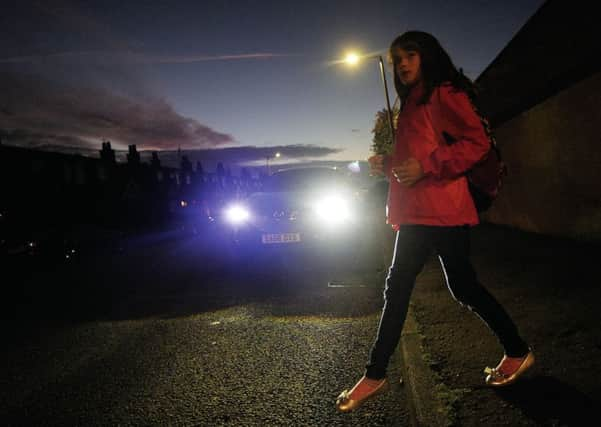Time to examine whether clocks should go back later


If the Daylight Saving Time system was to be scrapped, it would have happened before now. And regardless of statistics which suggest that creating an extra hour of darkness in late afternoon could actually cause more accidents, there is no live political campaign to abolish the practice.
But Brexit has introduced the intriguing possibility of an opportunity to reduce the negative impact of turning back the clocks. The Summer Time Order 2002, based on an EU directive, was brought in to harmonise the BST changeover dates with the rest of Europe. With the UK coming out of the EU, compliance is no longer paramount.
Advertisement
Hide AdAdvertisement
Hide AdThis opens up the possibility, raised today by SNP MP Angus MacNeil, of shortening winter, by delaying the turning back of our clocks until mid-November, and then starting British Summer Time at the end of February.
This would, of course, put the UK out of synch with other European countries, but that situation already exists. Adjusting to a different time zone when visiting another European country is normal.
One of the main bodies of support for the status quo, traditionally, has been agriculture. Farmers say they would suffer if there was an additional hour of darkness in the morning. But farm work is already conducted in the dark during early mornings, and if the additional hour of daylight comes at the other end of the day, it would be some time between 4pm and 6pm, which is neither anti-social nor outside normal working hours.
Daylight Saving Time in its present mode is designed for a different age, when darkness was a bigger problem. If it can’t be scrapped, serious consideration should be given to adjusting the system to bring it up to date.